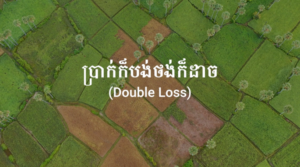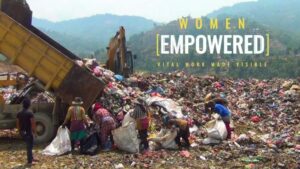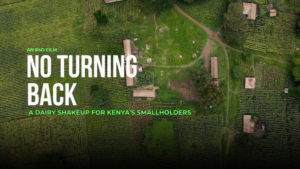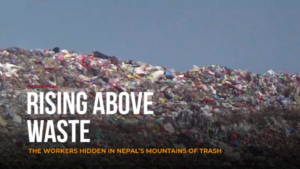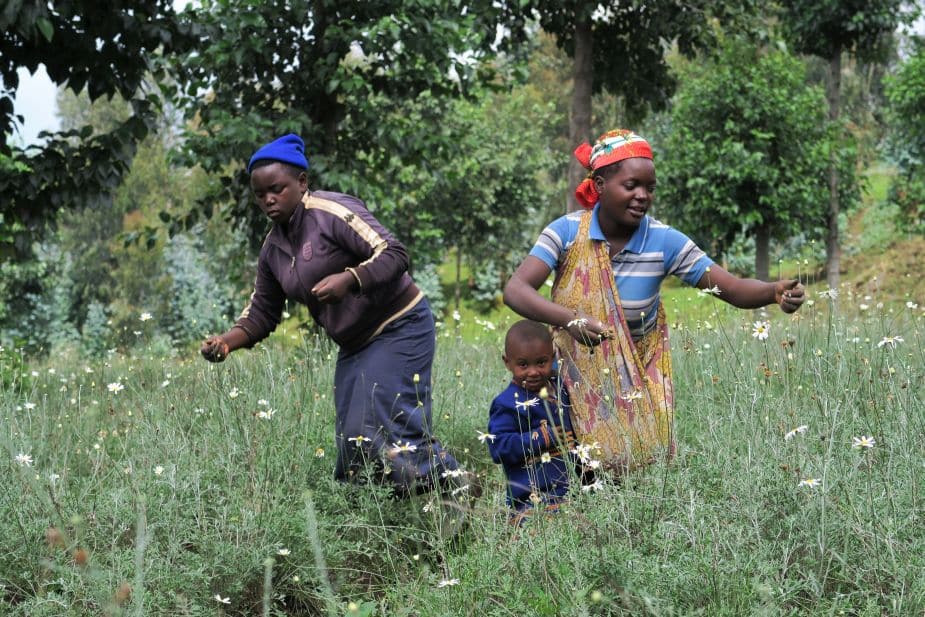
Why is it important to look at agricultural casual workers?
The r4d projectFeminisation, Agricultural Transition and Rural Employmentis set up to assess how moves towards commercial agriculture are affecting workers, especially women, in Rwanda as well as Bolivia, Laos and Nepal – places where rising demand for high-value commodities like quinoa and cardamom have also motivated a push away from small-scale agriculture. In rural Rwanda, agricultural casual workers constitute the second largest employment group. They work on a daily basis in agribusiness fields. This young, growing, unskilled and feminized employment sector is characterized by low salaries, precarious working conditions and poor access to land. Agricultural casual workers struggle to save money or to build assets, and regard employment of this nature as a poverty trap. This highlights the fact that agricultural casual workers are important stakeholders in sustainable development and must be considered in development projects and policies Watch the video on YouTube.
This video-clip was produced in reply to a Call for Three-minute pitches by the r4d programme. PhD students working in r4d projects could attend an e-learning course on storytelling and be coached by a communication expert. Christine Bigler received her PhD in Science in Geography and Sustainable Development from the University of Bern, Switzerland in 2018.
Related Posts
Sources
Contact:
Christine Bigler, christine.bigler@izfg.unibe.ch, University of Bern, Interdisciplinary Centre for Gender Studies, Switzerland
Project:
r4d project Feminisation, Agricultural Transition and Rural Employment https://www.fate.unibe.ch/
Credits:
A film by Christine Bigler


